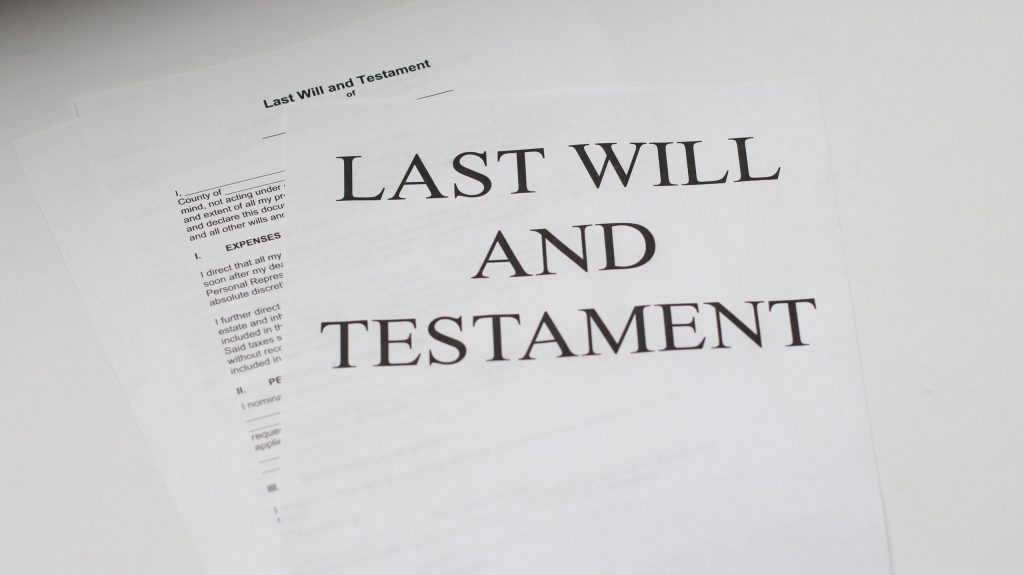How can you keep your Last Will and Testament secure, secret, and accessible to your Executor at the proper time? Security, simplicity of access for the Executor, and ease of amending and maintaining the document must all be balanced against each other.
After the tsunami in Japan, the tornadoes in the US, and the string of earthquakes in Asia, the subject has gained increasing attention during the past few years.
Currently, you have the choice of keeping your Will on hand at home, maybe in a fireproof safe, or keeping it at a bank or a lawyer’s office. Although each alternative has benefits and drawbacks, none of them is likely to be helpful in a dire scenario. In a recent article, we discussed the rise of will registries and how useless these services are since most of the time, all they let you save is a note describing where the document is kept, not the actual document.
The easiest method to guarantee that your Executor can access your paperwork when needed is to keep it at home. However, a natural catastrophe doesn’t necessarily have to occur for you to lose your document; a flood or house fire may put it in danger. A lawyer’s office is as likely to be destroyed by a storm as a home, therefore it is worthwhile asking the lawyer’s office where the documents will be kept. Storing your document there makes the Will probably more safe, and frequently records are maintained offsite. One word of caution, though: Your Executor has to know where the will is kept, and since law firms frequently merge and are acquired by other firms, it’s possible that your will outlives your law company.
The bank is the safest place, but your Executor has a problem: how can they open the safe while the paperwork that can provide them the authority is inside the safe? It is actually the least practical choice, and once more, your Executor would need to know how to get access when it was necessary.
A note about copies quickly. Making several copies of your papers and storing them in various locations is one relatively simple technique to protect them. Unfortunately, this is ineffective; there should only ever be one original document, and copies must be properly identified as such. Even if this is not done, a freshly signed and dated Will essentially revokes any earlier Wills. Every time a Will is changed, prior versions, including any copies, should preferably be destroyed.
Unfortunately, a signed piece of paper is the only legal form of a Last Will and Testament until the law manages to catch up with digital signatures, cloud computing, data encryption, and all of the other technologies available to us today. However at WillsMalaysia.my we offer for FREE the ability to save a digital copy of your Will. We also offer the service to notify your loved ones and your executor upon your passing, for FREE as well. Check out https://willsmalaysia.my/my-digi-safe and https://willsmalaysia.my/my-last-message to learn more.



never thought about the risk of storing a will at home until now. time to rethink.
The idea of a digital copy for a will is pretty forward-thinking. Glad to see some innovation here
Lawyers’ offices merging and losing documents is a real concern, good point.
Bank safe deposit boxes aren’t as practical as I thought for storing wills.
Just one original document, huh? Makes sense but complicates things.
Free digital copy and notification service? That’s a game-changer for estate planning.